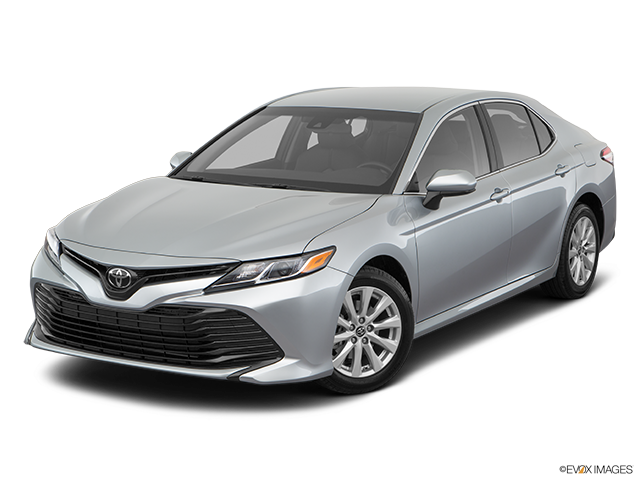
An oil change is a routine maintenance service aimed at replacing the oil and filter in your vehicle’s engine.
Engine oil performs an essential role as it lubricates, cleans, and protects the internal parts of your engine. The crankshaft, pistons, camshaft, valves, and more - dozens of components moving many times each second - would quickly grind to a halt without sufficient lubrication that engine oil supplies. Also known as “motor oil”, this lubricant also helps to keep your engine cool and prevents contaminants from building up inside.
Over time and with use, engine oil begins to break down from the heat of your engine and the shearing forces leveled against it. Moisture and other contaminants resulting from the combustion process also degrade the oil. Therefore, your engine oil needs to be changed regularly.
During an oil change, all of the old oil is drained from your engine, a new oil filter is installed, and fresh oil is added.
Your vehicle manufacturer’s recommendation is the first and most important indication that your vehicle needs an oil change. Every manufacturer designates a specific interval between oil changes. That recommendation will vary depending on the make and model.
When an oil change should be performed is laid out in your vehicle owner’s manual or maintenance schedule. Most vehicles today feature a maintenance reminder on the digital display to let you know it is time to schedule the service. You can also inquire at a reputable repair shop for the manufacturer’s recommendation.
If you fail to follow what the manufacturer suggests, the oil in your engine can exceed its useful service life. When that happens, the oil will tend to lose viscosity (get too thin), become contaminated, and form sludge - all of which are harmful to your engine. You might notice that the oil is bad if the oil is dirty or contains metal particles, if the check engine light or oil change light is on, or if you hear ticking or knocking from your engine.
This is demo Question
This is demo Answer